Do you ever work out hard but still work to get larger muscular tissues, specifically if you’re skinny?
Building muscles is not just lifting heavy weights in the gym but is mainly dependent on the food that you have to fuel your body.
You have to consume the right amount of food and fulfil your daily protein and nutrient intake that is narrowed down to your body’s needs.
We have curated a list of foods that are full of proteins and calories that can be your stepping stone to your journey in growing your muscles.
So, forget about protein shakes and bizarre supplements – these natural ingredients will assist you in getting the muscle tissues you need.
1. Chicken
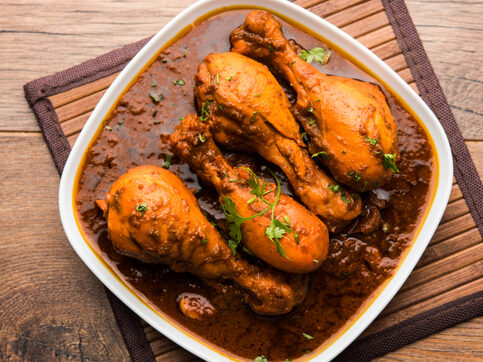
Chicken isn’t always only for burgers! Skinny cuts like sirloin or flank steak have all the proteins your body needs to restore and grow muscular tissues. A piece approximately the scale of a deck of cards has some protein – approximately 25 grams1 and also offers you iron to assist your muscles get oxygen while you’re operating out.
2. Almond Butter

Almond butter is sort of a creamy spread full of correct stuff like healthy fat, protein, and fibre. Just spoonfuls give you a gaggle of protein about 3 grams2 and exact fat, which helps you experience fullness for some time, prevents you from craving snacks and may assist you in gaining weight. Plus, almond butter has Vitamin E, which allows your muscles to heal after running out.
3. Avocados
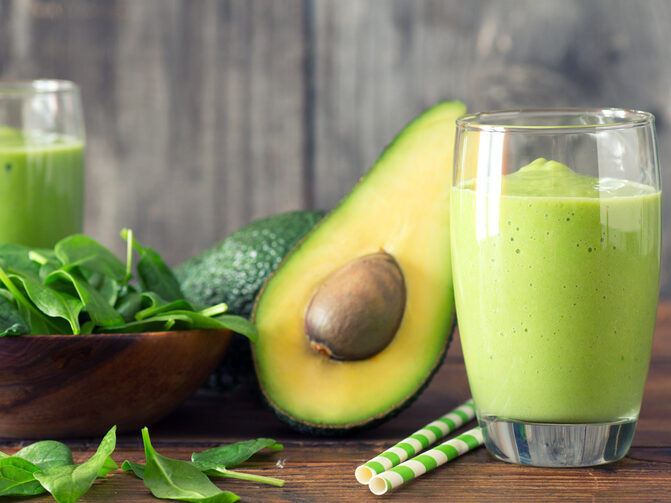
Don’t forget about avocados – they are full of good fats, especially the sort that allows your muscular tissues to grow and heal. They also have carbs that provide lasting energy and fibre that makes you feel complete so that you’re less tempted to snack and can manage how much you devour.
4. Smoothies
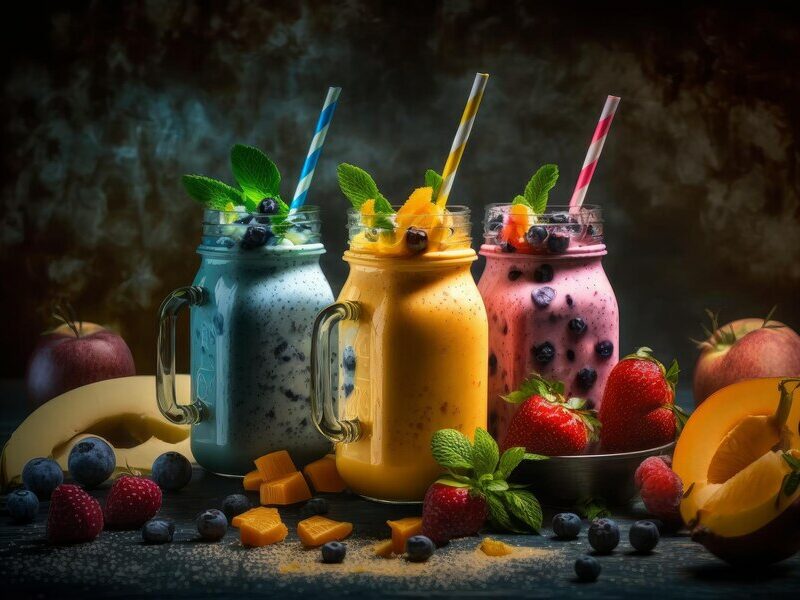
Who needs bland protein shakes? Smoothies are a tasty and amusing way to get plenty of energy and precise stuff. Mix up some protein powder, results like bananas or berries for sweetness and energy, and wholesome fat like nut butter or avocado to fill you up after your exercise. You can even toss in a few leafy greens like spinach for extra nutrients and minerals.
5. Greek Yogurt
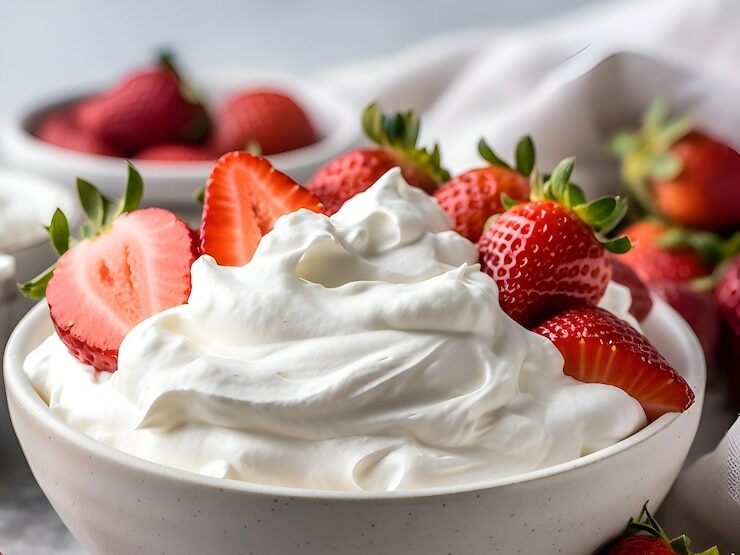
Greek yoghurt is superb for you to get more potent. It has loads of protein – up to 20g3 in just one serving and contains less sugar than your everyday yoghurt. Pick undeniable Greek yoghurt and add your favoured fruits, nuts, or a piece of honey for a yummy snack or meal after you work out.
6. Whole Grains
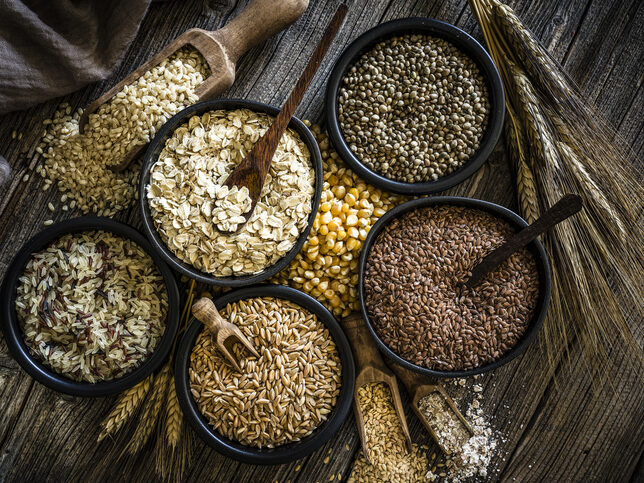
Carbs are not all bad – they are sincerely without a doubt vital for constructing muscle tissues. Foods like brown rice, quinoa, and entire-wheat bread give you lengthy-lasting strength for your workout routines. They additionally assist in replenishing the fuel shops to your muscle mass, which is fundamental for making them develop and heal. Plus, they have fibre that maintains you feeling complete and allows your gut to stay wholesome.
7. Fatty Fish
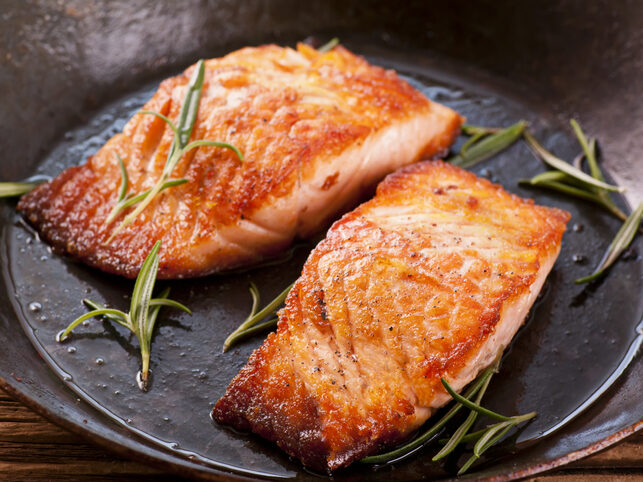
Fish like salmon, tuna, and sardines are not simply tasty – they’re full of omega-3 fatty acids. These fats assist your muscle tissue development and forestall them from breaking down an excessive amount. Omega-3s also assist in reducing swelling, which is ideal for assisting your muscular tissues to recover after exercise. Try to consume fish like this a minimum of 2 times per week to get the blessings.
8. Eggs
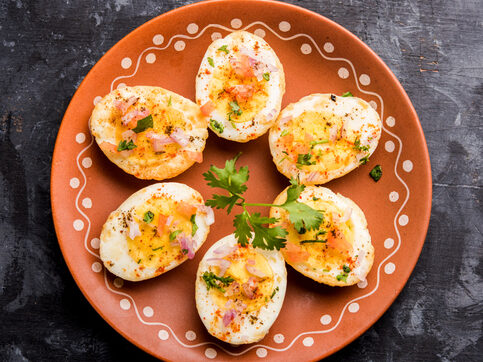
Eggs are a famous breakfast choice due to the fact they are a great source of protein and carbohydrates! They have all the critical stuff your body needs to grow muscle mass. Plus, they’re not very high in calories and contain nutrients and minerals, like vitamin D. This vitamin would possibly help boost testosterone ranges, which can assist you in constructing greater muscle tissues.
9. Beans and Lentils
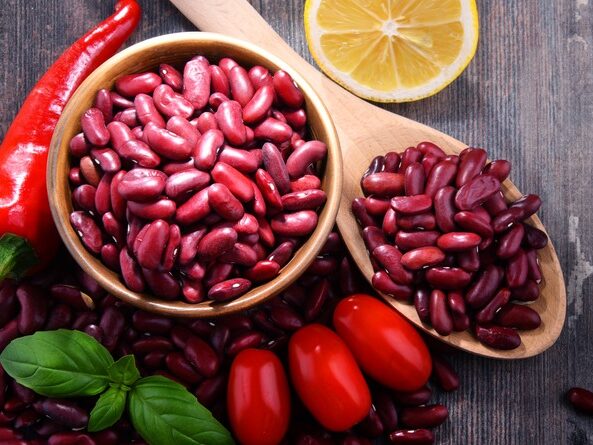
Beans and lentils are vegetarian powerhouses packed with protein, fibre, and complex carbohydrates. They’re a budget-friendly way to boost your calorie intake and provide sustained energy for workouts. Plus, they’re a good source of iron, which helps deliver oxygen to your muscles, and B vitamins, which are essential for converting food into energy. Enjoy them in soups, stews, salads, or even as a veggie burger base.
10. Sweet Potato
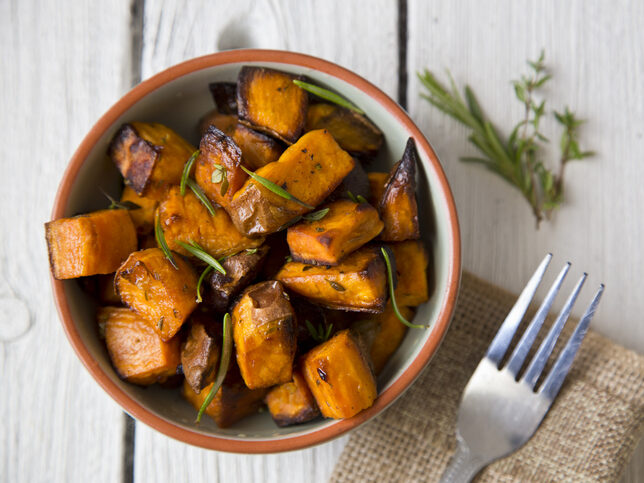
Don’t let the name fool you – sweet potatoes are genuinely right for you! They come up with long-lasting strength because they’ve complicated carbs, and they have fibre to help you feel full. Sweet potatoes additionally have vitamin A, which allows your muscular tissues to heal and grow, and nutrition C, which keeps your immune system sturdy and enables you to recover after working out.
Conclusion
These foods are packed with what you need to build muscles. Just keep at it regularly. Eat these foods along with a good workout plan, and you’ll see your muscles grow.
Frequently Asked Questions
Which fruit is best for muscle gain?
Bananas contain an enzyme known as bromelain that is known to boost testosterone. With the carbs to fuel your workout and the building blocks of muscle itself, bananas can actually be a great fruit to include in your muscle growth nutrition plan.
Which food has the highest protein?
Eggs, dairy products – milk, yoghurt, cheese, nuts and seeds – almonds, pine nuts, walnuts, macadamias, hazelnuts, cashews, pumpkin seeds, sesame seeds, sunflower seeds. legumes and beans – all beans, lentils, chickpeas, split peas, tofu.
What are the best snacks for muscle gain?
High-protein snacks you could eat on the go include nuts, protein bars, roasted chickpeas, hard-boiled eggs, pumpkin seeds, and low-sodium jerky.
References
- FoodData Central Search Results. (n.d.). Retrieved from https://fdc.nal.usda.gov/fdc-app.html#/food-details/171534/nutrients [↩]
- Nutrition Facts. (n.d.). Retrieved from https://www.urmc.rochester.edu/encyclopedia/content.aspx?contenttypeid=76&contentid=12695-2 [↩]
- FoodData Central Search Results. (n.d.). Retrieved from https://fdc.nal.usda.gov/fdc-app.html#/food-details/170903/nutrients [↩]

